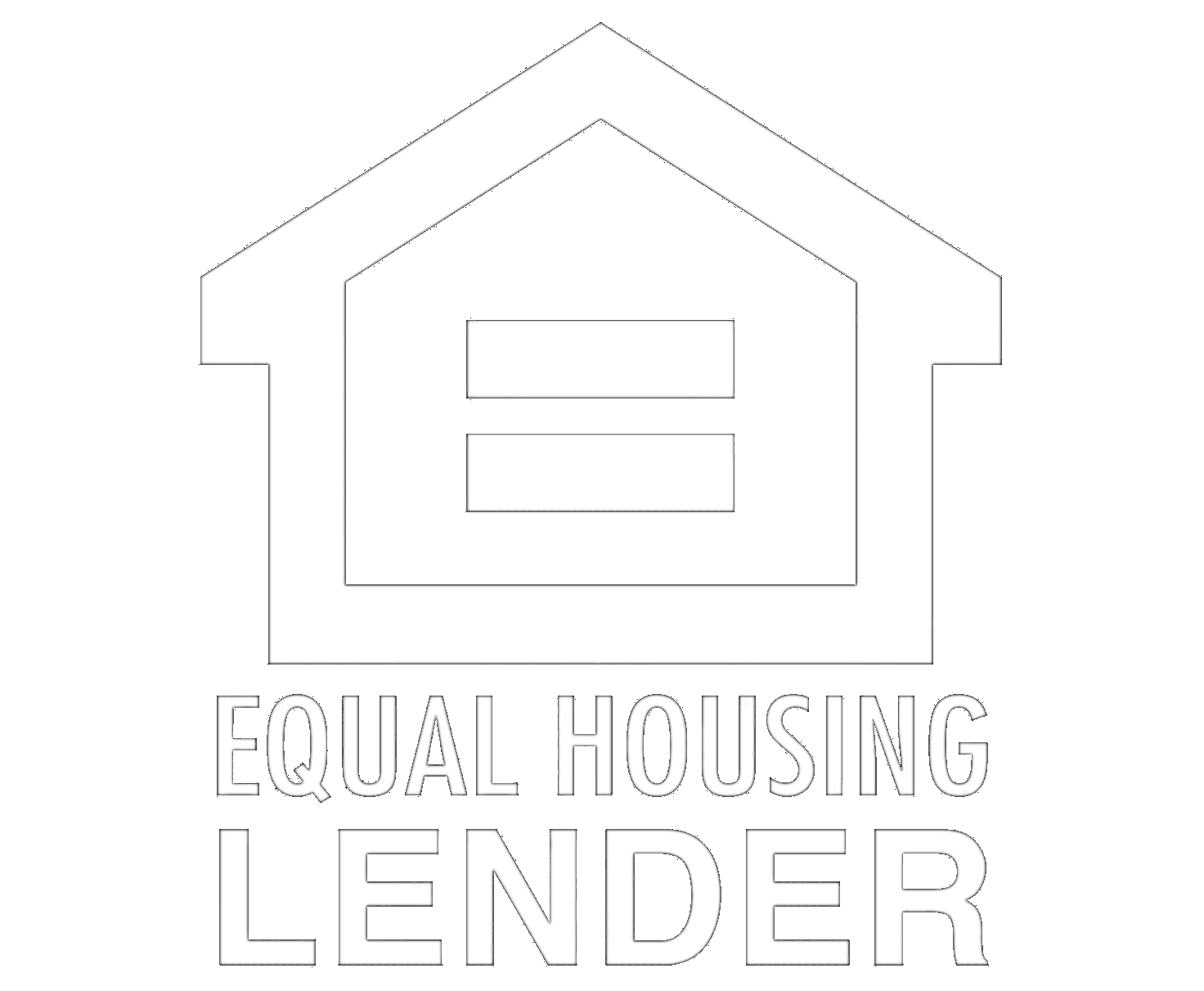Owning a second home can be a dream come true, offering a retreat, a place for family gatherings, or even a potential source of rental income. However, alongside the joys of a second property come important financial responsibilities, particularly regarding insurance and taxes. Navigating these aspects effectively is crucial to making the most of your investment while avoiding costly pitfalls. This article provides a comprehensive guide to understanding the key tax and insurance considerations that come with owning a second home.
Understanding Insurance for Second Homes
Securing the right insurance coverage for your second home is crucial to protecting your investment. Unlike your primary residence, a second home often carries unique risks due to its potential vacancy periods or different usage patterns. Standard homeowners insurance policies might not be sufficient, which makes it important to explore specialized options.
What are the requirements for second home insurance?
The specific insurance requirements for your second home will vary based on factors like location, usage patterns, and the insurance provider's policies. However, there are some common factors that insurance companies will consider:
Occupancy: Insurance companies need to know how often you or others are using your second home. If it's vacant for extended periods, you might need a specialized policy to cover related risks like vandalism and theft.
Location: A property by the coast, in a flood zone, or in an area prone to wildfires will have higher premiums to account for the increased risk.
Building materials: The type of materials used to construct the house will also affect premiums. For example, a house with a fire-resistant roof could qualify for lower premiums.
Specific amenities: Pools, hot tubs, or trampolines will increase your liability exposure and may require higher levels of coverage.
Rental agreements: If you plan to rent out your second home, you'll need a policy that covers rental-related liabilities and situations.
How is second home insurance different from primary home insurance?
Second home insurance can differ substantially from your primary home insurance policy in the following ways:
Vacancy clauses: Standard homeowners policies often limit coverage for properties left vacant for more than 30 or 60 days. Second homes, particularly vacation homes, are more likely to be vacant for longer stretches.
Coverage limits: The coverage limits for the structure of your primary home may differ from your second home due to variations in the value, the cost to rebuild, and the location of each home.
Liability: If you rent out your second home you will need to take additional insurance to cover liabilities with tenants.
Specialized endorsements: Insurers may offer specialized endorsements for second homes, like coverage for damage from frozen pipes (in cold climates) or storm surges (in coastal regions).
Cost: Due to the higher risk associated with vacancies and usage, insurance for second homes is generally more expensive than primary home coverage.
Tax Implications of Owning a Second Home
Owning a second home also comes with important tax considerations. Understanding these implications is key to effectively managing your finances and potential tax liabilities.
Can you deduct mortgage interest on a second home?
The short answer is, Yes, you can generally deduct mortgage interest on a second home, but there are some limitations to consider:
Qualified home: The second home must be considered a "qualified home," a term used by the IRS. It does not matter whether you or a tenant use the home, it just has to be a separate residence with sleeping, cooking and toilet facilities.
Combined limits: The total amount of mortgage interest you can deduct on a first and second home is currently limited.
Mortgage limit: Under the current tax laws the total mortgage for which you can claim mortgage interest is $750,000, irrespective of whether you own one or more homes.
Home equity loans: If you have a home equity loan or line of credit on your first or second home, the rules are complex.
How to avoid tax on a second home?
Avoiding tax on your second home, in the strictest sense, is impossible. However, you can legally minimize your tax liability through several strategies:
Maximize deductions: Take full advantage of allowable deductions like mortgage interest, property taxes, and, if you rent out the property, and associated expenses.
Carefully consider the rental tax rules: If you rent your second home, understand the difference between a personal residence and a rental property.
Keep thorough records: Meticulously track all expenses and income related to your second home for accurate reporting.
Consult a tax professional: A tax advisor knowledgeable about real estate taxation can give advice tailored to your individual circumstances.
1031 Exchange: For some individuals, utilizing a 1031 exchange can defer capital gains taxes by reinvesting the proceeds from a real estate sale into a like-kind property, as per IRS regulations.
Renting Out Your Second Home and Tax Rules
If you decide to rent out your second home, the tax rules become more complex. The IRS distinguishes between personal use and rental use, and this distinction significantly impacts what deductions you can claim.
What are the tax rules for Airbnbing a second home?
When renting through platforms like Airbnb, the same tax rules generally apply. However, there are specific nuances to consider:
Personal use days: The number of days you use the property for personal purposes will significantly impact your deductible expenses and how rental income is handled.
14-day rule: Any property that you rent out for less than 15 days a year is tax free. However, you cannot claim any expenses against the rental income.
Rental period: If you rent a home for more than 14 days the property is considered a rental property. Your expenses must be pro-rated in relation to the personal use of the home.
Are there different tax rules for second homes vs investment properties?
Yes, there are key differences between second homes and investment properties from a tax perspective:
Personal Use: A second home is usually used for part of the year for personal use. An investment property is usually not used for private purposes.
Mortgage Interest Deductibility Mortgage interest is deductible on a second home. However, it is only deductible on an investment property if it meets certain criteria.
Capital Gains: If you sell your second home you will be eligible for capital gains tax exemptions if you meet certain length-of-use criteria. There are no exemptions for capital gains tax on an investment property.
FAQs
Q: Can I deduct property taxes on my second home?
A: Yes, property taxes on your second home are generally deductible, but like mortgage interest, they may be subject to certain limitations.
Q: What happens if my second home is damaged by a natural disaster?
A: If a covered event damages your second home, your insurance policy should cover the cost of repairs or replacement, depending on your policy's terms and conditions.
Q: Should I tell my insurance company if I rent out my second home?
A: Absolutely. Failing to inform your insurance company about rental activity can invalidate your policy. Be sure to get the appropriate coverage for a rental property.
Q: Do I need separate insurance policies for different types of second homes (e.g., a vacation cabin vs. a city apartment)?
A: While one policy might cover multiple properties, you should tailor coverage to the specific risks associated with each type of second home. Consult with your insurance provider to ensure you have adequate protection.
Owning a second home can be a rewarding experience, but it comes with responsibilities regarding insurance and taxes. Careful planning, diligent record-keeping, and professional advice can help you navigate these complexities. By understanding the insurance requirements, maximizing available deductions, and keeping abreast of the latest tax regulations, you can safeguard your investment and enjoy your second home to its fullest potential.




